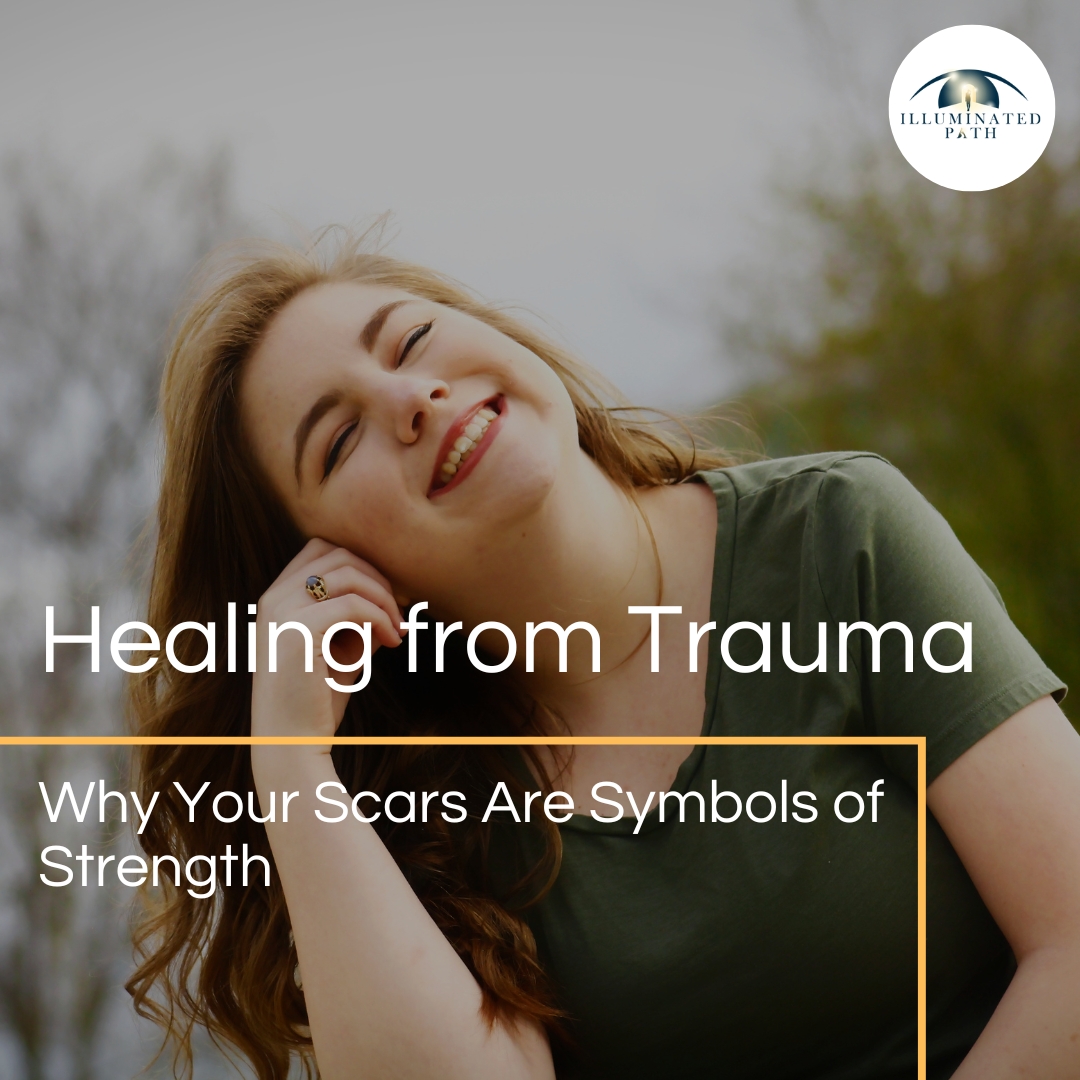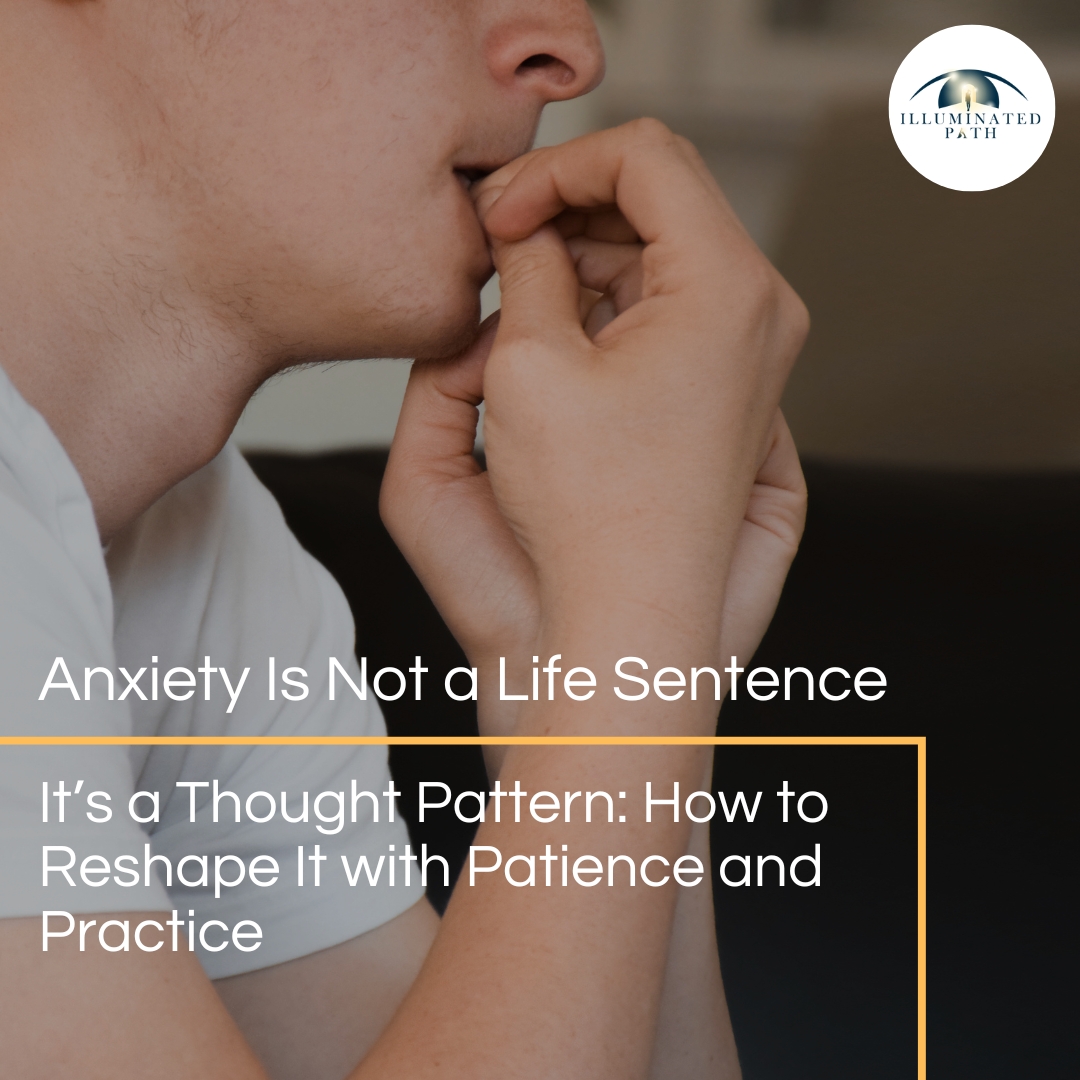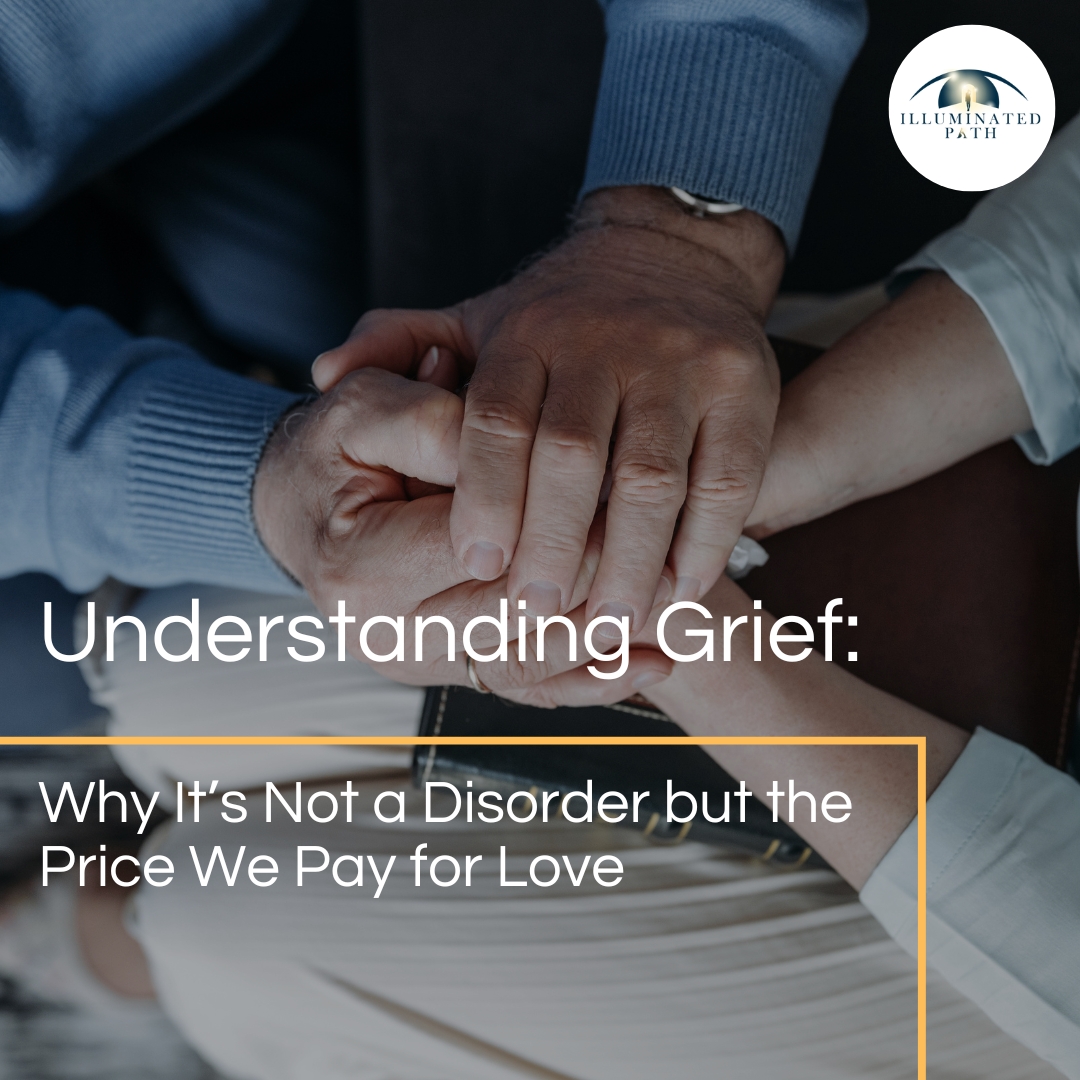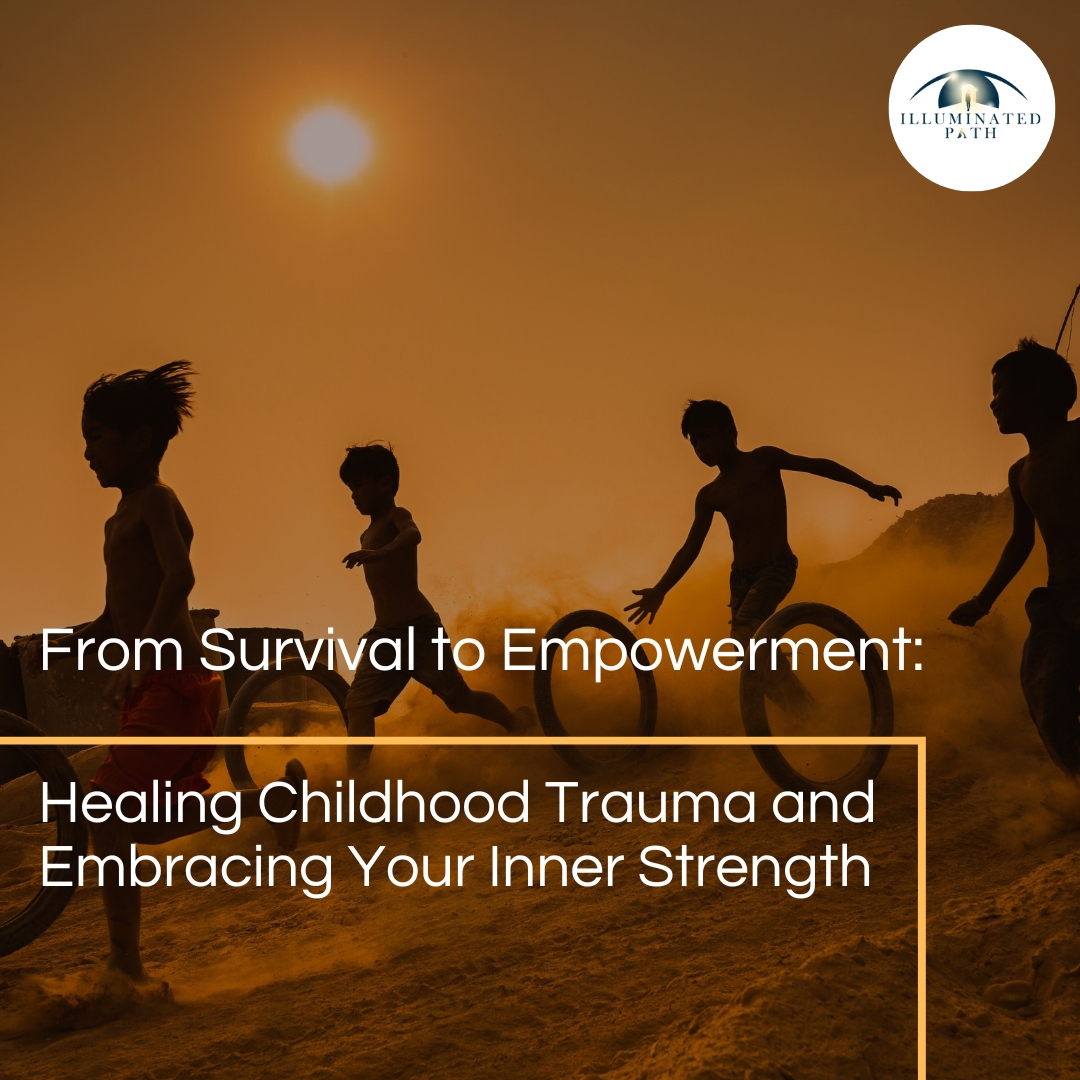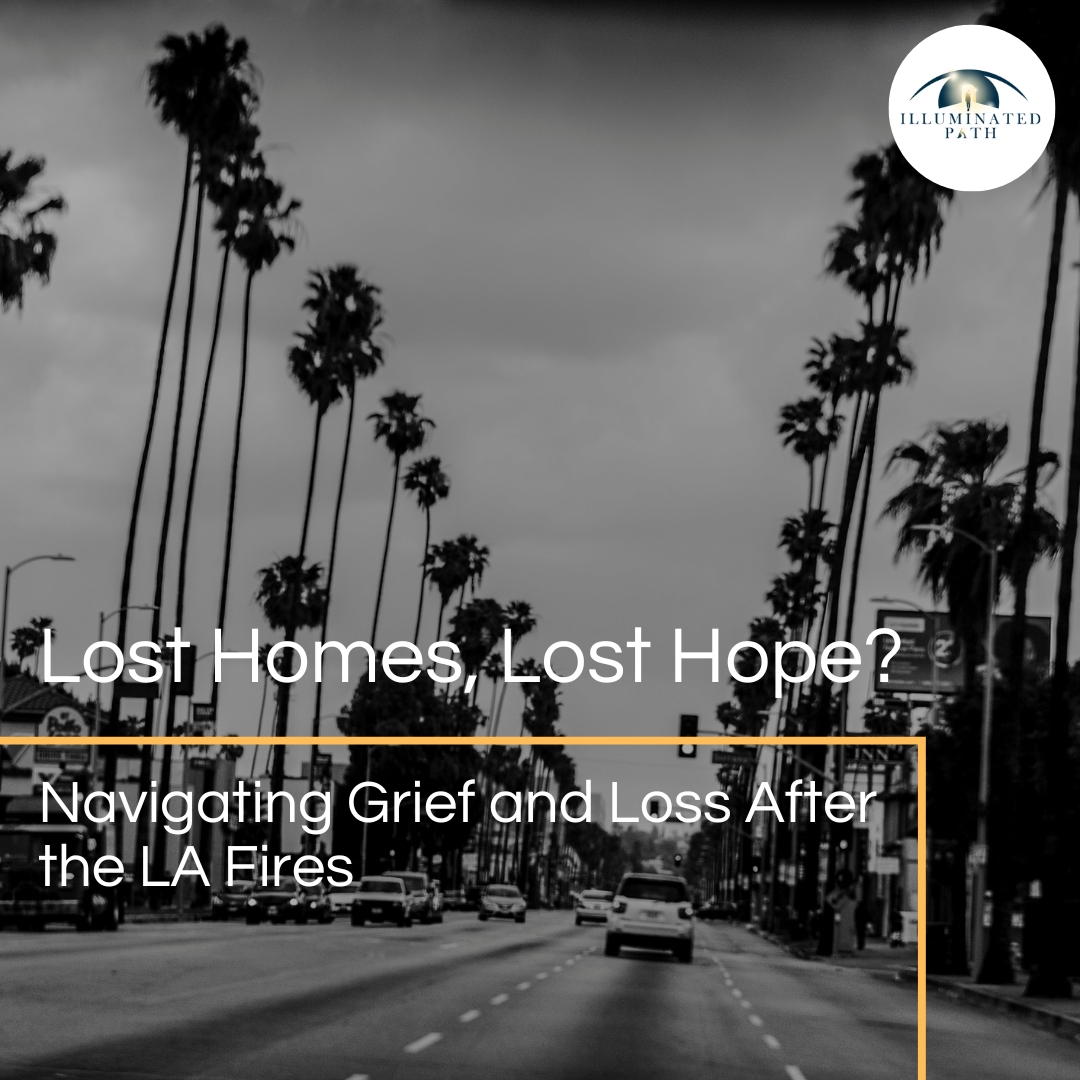
The acrid smell of smoke, the orange glow against the night sky, the frantic scramble for safety – these are the searing memories etched into the minds of those who have lived through the devastating wildfires that have ravaged Los Angeles in recent years.
While the physical scars on the landscape may eventually heal, the emotional wounds of loss run deep, leaving individuals and communities grappling with grief, displacement, and a profound sense of disorientation.
Losing one’s home to a wildfire is a uniquely traumatic experience. It’s not just the loss of a physical structure; it’s the loss of a sanctuary, a repository of memories, a symbol of stability and security. It’s the loss of a sense of place, of belonging, of identity. Navigating this complex grief requires understanding, compassion, and a multifaceted approach to healing and recovery.
The Magnitude of Loss: Statistics Paint a Grim Picture
The statistics on wildfire-related losses in Los Angeles paint a stark picture of the devastation faced by individuals and communities. The Woolsey Fire in 2018 burned nearly 97,000 acres, destroyed over 1,600 structures, and resulted in three fatalities. (Source: CAL FIRE) The Getty Fire in 2019 burned over 745 acres, destroying 12 homes and damaging five others. (Source: LAFD) And the Bobcat Fire in 2020 burned over 115,796 acres, destroying 171 structures and damaging 47 others. (Source: Angeles National Forest)
These numbers represent not just property damage, but the shattering of lives, the disruption of communities, and the profound emotional toll of losing one’s home and sense of place.
The Complexities of Grief After Wildfire
Grief after a wildfire is a complex and multifaceted experience. It’s not just the loss of the physical home; it’s the loss of cherished memories and belongings. Homes hold a lifetime of memories, from childhood photos to treasured heirlooms. These tangible reminders of the past are often irreplaceable, leaving a void that can be difficult to fill.
Losing a home also shatters one’s sense of security and stability. Home represents a safe haven, a place of comfort. This loss can trigger feelings of vulnerability, anxiety, and fear. Furthermore, wildfires can disrupt the social fabric of neighborhoods and communities, which provide a sense of belonging and support. This can leave individuals feeling isolated and alone.
Our homes are often intertwined with our sense of self and our connection to a particular place. Losing this connection can lead to feelings of disorientation and a loss of identity. For many, their home represents their dreams and aspirations for the future. Losing this symbol of hope can be particularly devastating.
The Stages of Grief: A Roadmap, Not a Straight Line
While grief is a unique and personal experience, it often follows a general pattern of stages, as outlined by Elisabeth Kübler-Ross in her seminal work “On Death and Dying.” These stages include denial, anger, bargaining, depression, and acceptance.
It’s important to remember that these stages are not linear, and individuals may experience them in different orders or revisit stages multiple times. Grief is a journey, not a destination, and there is no right or wrong way to grieve.
Navigating the Challenges: Coping with Grief and Loss
Coping with the grief and loss after a wildfire requires a multifaceted approach that addresses the emotional, psychological, and practical challenges. Emotionally and psychologically, it’s crucial to acknowledge and validate the full range of emotions without judgment. Seeking professional help through therapy can provide a safe space to process these emotions and develop coping skills.
Connecting with others, whether it’s friends, family, or support groups, can offer a sense of connection and validation during this difficult time. Practicing self-care through activities like mindfulness, exercise, and spending time in nature can also help reduce stress and foster resilience.
On a practical level, it’s important to access community resources. Connect with local organizations and government agencies that offer assistance with housing, financial aid, and other needs. Engaging in the process of rebuilding your home and community can provide a sense of purpose and hope. Creating new rituals and traditions can help honor memories and establish a sense of continuity with the past.
While acknowledging the pain of the past, it’s essential to focus on creating a new future filled with hope and possibility.
Rebuilding Hope: Finding Meaning and Purpose After Loss
While the loss of a home can be devastating, it can also be an opportunity for growth, transformation, and the discovery of new meaning and purpose. Research suggests that individuals can experience positive psychological changes after trauma, such as increased resilience, greater appreciation for life, and stronger relationships. This is known as post-traumatic growth.
The experience of loss can prompt individuals to re-evaluate their priorities, discover new passions, and find new ways to contribute to their communities. Wildfires can also bring communities together, fostering a sense of shared purpose and collective resilience.
The Role of Community: Healing Together
Healing from wildfire trauma is not just an individual journey; it’s a collective effort. Communities play a vital role in supporting individuals and families through grief and loss by fostering a culture of empathy and understanding. This can help individuals feel safe and supported as they navigate their grief.
Providing resources and services, such as access to mental health services, financial assistance, and practical support, can be instrumental in helping individuals and families rebuild their lives. Creating opportunities for community gatherings, events, and activities can help to rebuild social connections and foster a sense of belonging. Sharing stories of resilience, celebrating community strengths, and focusing on the future can inspire hope and empower individuals to move forward.
Conclusion: From Loss to Renewal
Losing a home to a wildfire is a profound loss, but it does not have to extinguish hope. By acknowledging the complexities of grief, accessing support, and embracing a community-oriented approach to healing, individuals and communities can navigate the challenges, rebuild their lives, and find new meaning and purpose in the aftermath of the flames.
The journey from loss to renewal is not easy, but it is possible. With understanding, compassion, and collective action, we can help LA communities to heal, grow, and emerge from the ashes stronger and more resilient than ever before.

The Author
Dr. Shadi Souferian Psy. D.
Licensed Clinical Psychologist
Therapist And Psychologist in Los Angeles And Beverly Hills.

